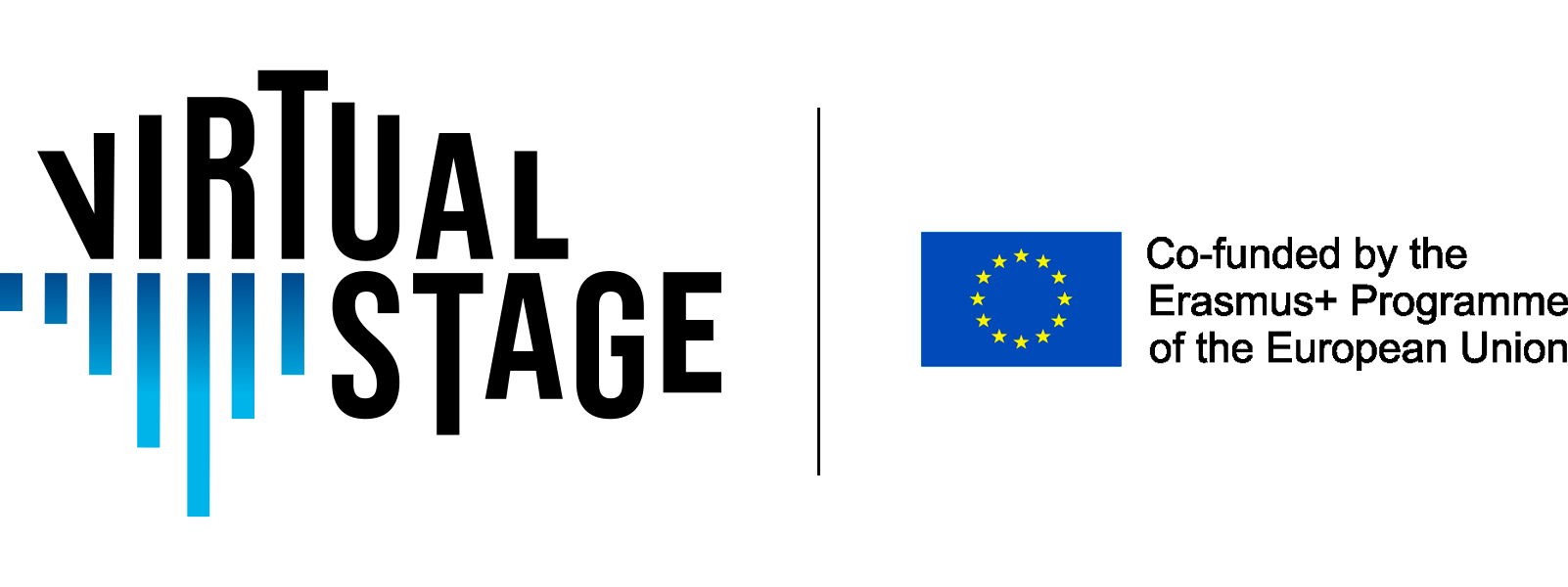The Virtual Stage Project
Virtual Stage explored the applicative modalities and limits of the introduction of distance learning in the professional training of opera singers and instrumentalists through a research and experimentation process shared by 6 partners from 4 European countries (IT, FR, NL, CZ) for two years, from April 2021 to April 2023, combining different skills to define a common methodological approach transferable to all European Countries.
The introduction of digital technologies for distance teaching and learning represents a major innovation in the field of vocational training in the opera sector. The Virtual Stage project relates to the tradition of the opera sector and expands its potential by studying synchronous and asynchronous modes of interaction specifically designed for this sector. The appropriately selected digital technologies allow to carry out online, and therefore at a distance (in whole or in part) the practical training activities required for the acquisition and updating of the skills of opera singers and instrumentalists.
This is the function of the ‘virtual stage’, intended as a set of digital technologies that extend the practical training possibilities of artists beyond the limits of the physical presence of teachers and learners in a theatre or music hall.
The Virtual Stage project produced 5 intellectual outputs that were developed and validated through piloting in the 4 project countries with the cooperation of all project partners.
O1
State of the art analysis: Digital technologies in VET for opera
The first Intellectual Output of the Virtual Stage project is a state of the art analysis of the use of digital technologies in vocational training in the opera sector, with particular reference to the training of singers and instrumentalists…
O2
The new Virtual Stage method for distance training in the field of opera. Guidelines for singers training
The second Intellectual Output of Virtual Stage is a guide outlining techniques, methods, criteria, resources, good practices and case studies for the distance and blended vocational training of soloists and choristers in vocational training institutions in the opera sector …
O3
New Virtual Stage method for distance training in the field of opera. Guidelines for instrumentalists and conductors training
The third Intellectual Output of Virtual Stage is a guide illustrating techniques, methods, criteria, resources, good practices and case studies for the distance and blended vocational training of opera orchestral players, first parts and files (strings, woodwinds, percussion, keyboards) in vocational training institutions in the opera sector.
O4
Virtual Stage Repository: digital OERs for training in the field of opera
The fourth Intellectual Output of the project is a repository of functional resources for the application of the Virtual Stage method illustrated in IO2 and IO3 …
O5
eCourses – Introduction to the Virtual Stage method for the development and delivery of distance training in the field of opera
The fifth Intellectual Output of the Virtual Stage project consists of two interactive eCourses (eCourse 1. Singers and eCourse 2. Instrumentalists) that introduce trainers to the Virtual Stage method and the design and delivery of distance learning courses for singers and instrumentalists …
The project target groups are:
– Direct target: opera trainers, music disciplines teachers and, specifically, singing teachers, instrument teachers, collaborating teachers, trainers in scenic art, choir and orchestra conducting;
– Indirect target: music students, professionals and workers involved in production and VET in the field of opera, other trainers in the music and technology sectors, organizations specializing in VET in performing arts and music or in music production, conservatories, music schools, theaters and training organisations in the opera field.

